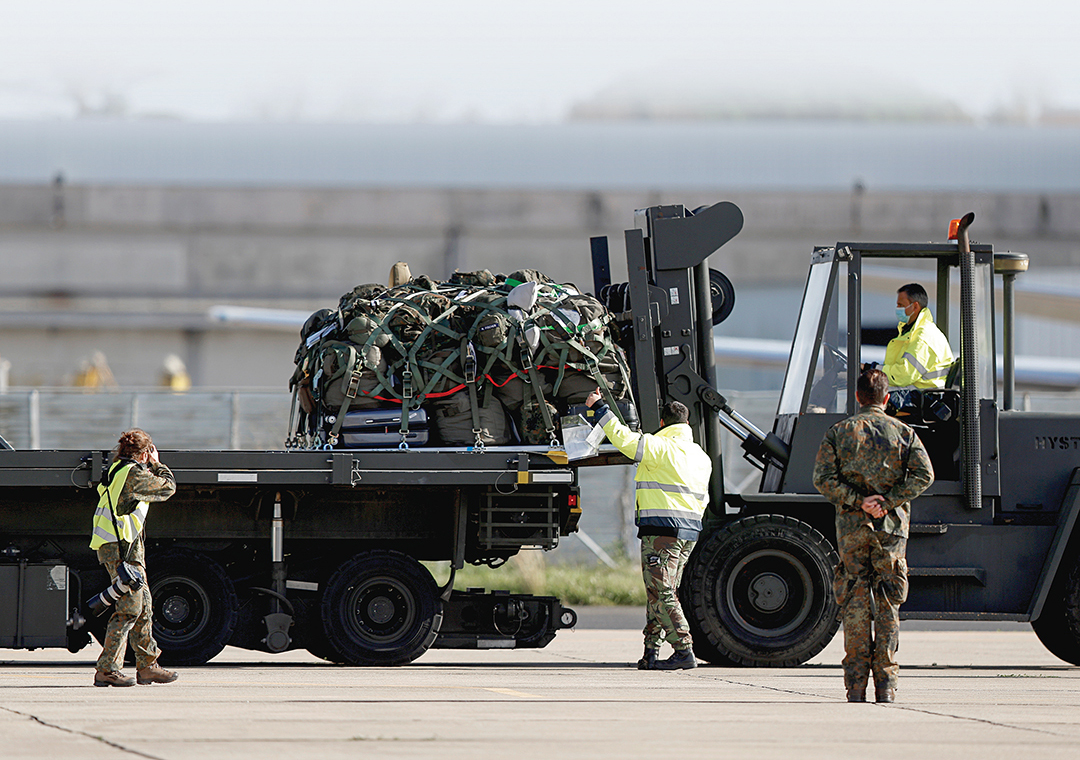Health security may become a core task of militaries
By Dr. John L. Clarke, Marshall Center professor
Viruses never die. And they don’t ever really go away. Variants of the Spanish flu have been with us for more than 100 years, and the same can be expected of the COVID-19 virus. It will, like its Spanish cousin, mutate many more times, become more or less infectious and is highly likely to become endemic, which is what the Spanish flu has done.
The advent of vaccinations, and the remarkably quick process of developing them, bode well for a return to a semblance of normality, though it is highly likely that annual booster vaccinations will become part of our future, just as they have with the influenza. We can expect that the availability of such vaccines will also become far more prevalent.
What are the security implications of such an endemic disease? It is difficult to say because we don’t know how virulent and lethal it will be in a year’s — or a decade’s — time, but it seems safe to say that we will learn to live with it. It’s unlikely that life will return to normal in the near future, but some sense of normality is likely to return in the next year or so.

This doesn’t necessarily mean a return to business as usual for security professionals. As our focus returns to traditional security concerns, we must be on guard for those actors who may try to weaponize the response to the virus. Already we have seen China and Russia seek to leverage their relative positions to their advantage in international affairs through select deliveries of vaccines and other assistance.
Several factors are apparent in the articles in this edition of per Concordiam. First, we will have to revise our crisis and risk management paradigms to account for the staying power and chameleonlike quality of the virus. Health security is taking on a whole new dimension and will compete with other forms of security, such as human and climate security, not to mention national security.
Second, national armed forces will assume an entirely new role in the health security concept. They are likely, in many countries, to become prime providers of this security through their logistics and medical support capabilities — and thus relatively less able to carry out traditional national security functions.
Third, regions of the world, such as Central Asia, the Middle East and Africa, will continue to be disadvantaged in terms of their ability to counter the virus and the effects it will have on their health security and national security. Migration in search of a less virus-impacted life cannot be excluded. And the impact of disease on economic livelihoods is likely to continue to be devastating for a long time.
No, the virus is not going away. But neither is the human race, though it is under pressure. As has always been the case, humans will adapt and may, through the knock-on effects of vaccine development, enjoy an even healthier life in the future.


Comments are closed.